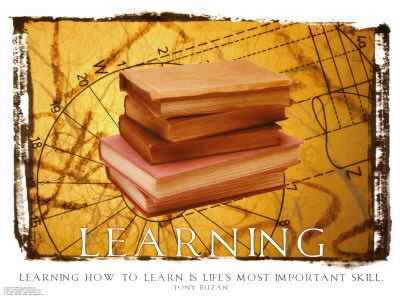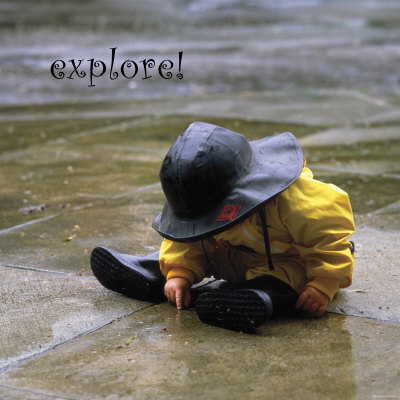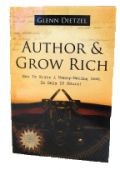Child psychologists tell us that most of a child's development happens before the age of 6, when her cognitive brain is not yet fully formed. Strangely enough, this is also the time when she effortlessly absorbs everything she encounters.
As we get a little older and our cognitive brain begins to form, we start to make judgments and form opinions about things. As we mature in our cognitive abilities, we form a worldview. We filter information to let in what agree s with that worldview and reject the rest. This filter helps us function in life by limiting the amount of information we have to deal with. But when it comes to learning, it gets in the way.
s with that worldview and reject the rest. This filter helps us function in life by limiting the amount of information we have to deal with. But when it comes to learning, it gets in the way.
This is why, when we are intellectually engaged, we are not learning. In my experience both in learning and teaching, cognitive intelligence actually slows down learning. The faculty that helps us learn is our intuition, which is what children use to absorb large amounts of information. This is also the reason why computers cannot learn, despite the fact that their capacity for processing information is often many times that of a human brain.
We are accessing our intuition when we get an insight into a problem that we are trying to figure out. These flashes of insights are often known as aha! moments or Eureka! moments. When such a moment happens, we cut through the stuff that's made of old ideas, thoughts and beliefs and have a brief insight into the source of inspiration that we all have access to. After such a moment happens, something inside of us changes and our mind never goes back to its original state.
Such a change is exhilarating, uplifting and lasting and it's the true definition of learning.



 s with that worldview and reject the rest. This filter helps us function in life by limiting the amount of information we have to deal with. But when it comes to learning, it gets in the way.
s with that worldview and reject the rest. This filter helps us function in life by limiting the amount of information we have to deal with. But when it comes to learning, it gets in the way.


 skin that's made of social, parental and psychological conditioning. This skin, often known as comfort zone, defines what we think we can and cannot do. It's made of beliefs. It's made of rules: "shoulds" and "should-nots," "musts" and "must-nots," "cans" and "can-nots." When we choose not to break through our comfort zones, we stagnate. Collectively, this conditioning defines our self-image or self-concept. This self-image, even a healthy one, can become our metaphorical grave if we don't poke holes in it and grow beyond it.
skin that's made of social, parental and psychological conditioning. This skin, often known as comfort zone, defines what we think we can and cannot do. It's made of beliefs. It's made of rules: "shoulds" and "should-nots," "musts" and "must-nots," "cans" and "can-nots." When we choose not to break through our comfort zones, we stagnate. Collectively, this conditioning defines our self-image or self-concept. This self-image, even a healthy one, can become our metaphorical grave if we don't poke holes in it and grow beyond it.








 Authentic Business: Why Truth is the Best Strategy in Business-Buildingon 05/24/2012
Authentic Business: Why Truth is the Best Strategy in Business-Buildingon 05/24/2012
 Unique Selling Proposition: It Is About Youon 04/10/2012
Unique Selling Proposition: It Is About Youon 04/10/2012
 Unique Selling Proposition: What Makes You Different?on 04/10/2012
Unique Selling Proposition: What Makes You Different?on 04/10/2012
 Unique Selling Proposition: What's In It For Me? (WIIFM)on 04/10/2012
Unique Selling Proposition: What's In It For Me? (WIIFM)on 04/10/2012



What Did You Learn about Learning and Teaching?
Hi Andy, I love your insight that "learning differs from programming." There is a good chance that you are already pretty good at this approach to learning. I am sure you have had moments when you were trying to figure something out and had an "aha!" moment, even a genius attack, out of the blue. Thanks for stopping by and sharing your insight.
I really liked the shedding skin analogy for comfort zone. I suppose I learned that learning and teaching is organic--how it differs from programming. I just hope I can master this approach to learning...